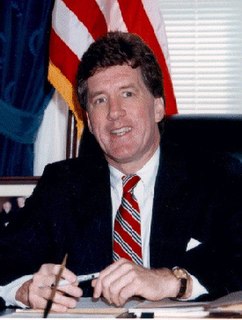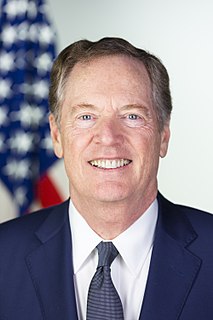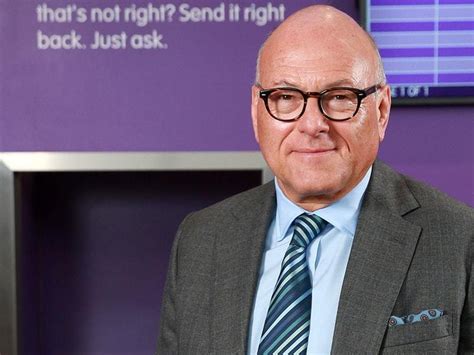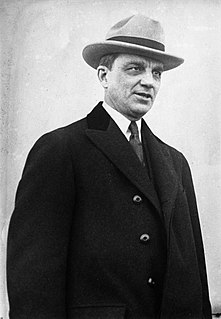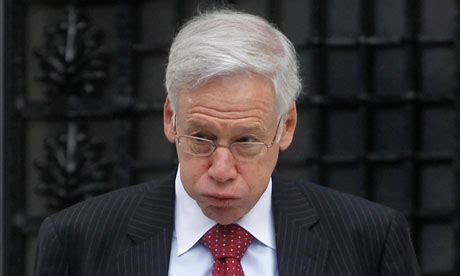A Quote by Hillary Clinton
We have to resist, protectionism, other kinds of barriers to market access and to trade.
Quote Topics
Related Quotes
Fair Trade is a market-based, entrepreneurial response to business as usual: it helps third-word farmers developing direct market access as well as the organizational and management capacity to add value to their products and take them directly to the global market. Direct trade, a fair price, access to capital and local capacity-building, which are the core strategies of this model, have been successfully building farmers' incomes and self-reliance for more than 50 years.
By all means, let's have free trade and no trade barriers and a common market. But where did it all suddenly become about our own economic and political destiny being surrendered to Brussels with agendas that arguably have very little to do with the interests of the British people and British voters?
We wake up to find the whole world building competitive trade barriers, just as we found it a few years ago building competitive armaments. We are trying to reduce armaments to preserve the world's solvency. We shall have to reduce competitive trade barriers to preserve the world's sanity. As between the two, trade barriers are more destructive than armaments and more threatening to the peace of the world.
Threats of trade protectionism, plus unilateral actions on the exchange-rate front, such as the heavy interventions of China, Japan, and Switzerland in the currency markets - not to mention the retaliatory tariffs recently passed by the U.S. House of Representatives - endanger growth prospects and could further depress financial market confidence.
What Donald Trump has been concerned about, what he`s talked about, is when we get deals that don`t level the playing field, when we get deals that aren`t the kinds of best deals we can get, we want good deals, and those are free trade deals to lower the barriers between trade between two countries.

